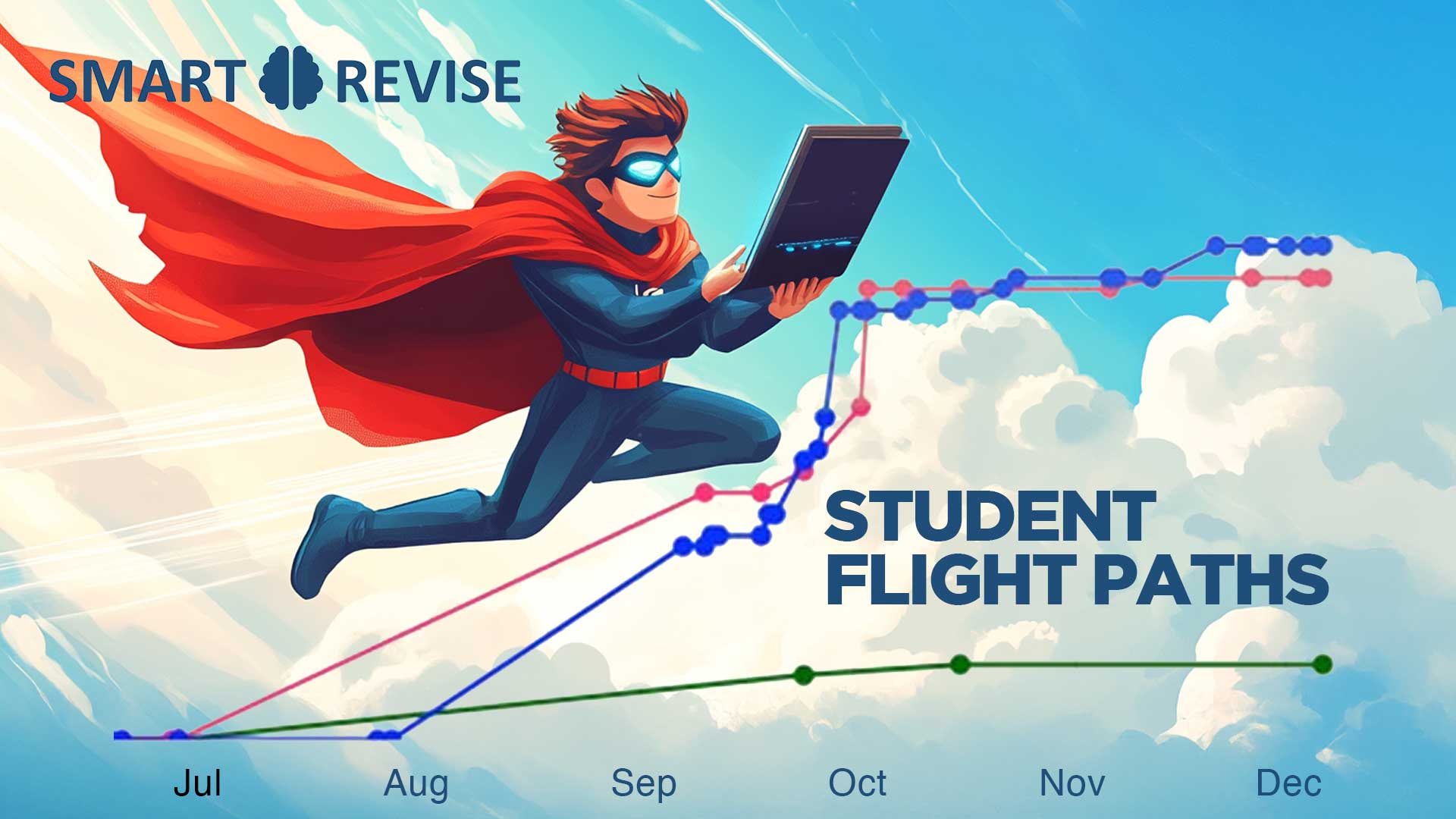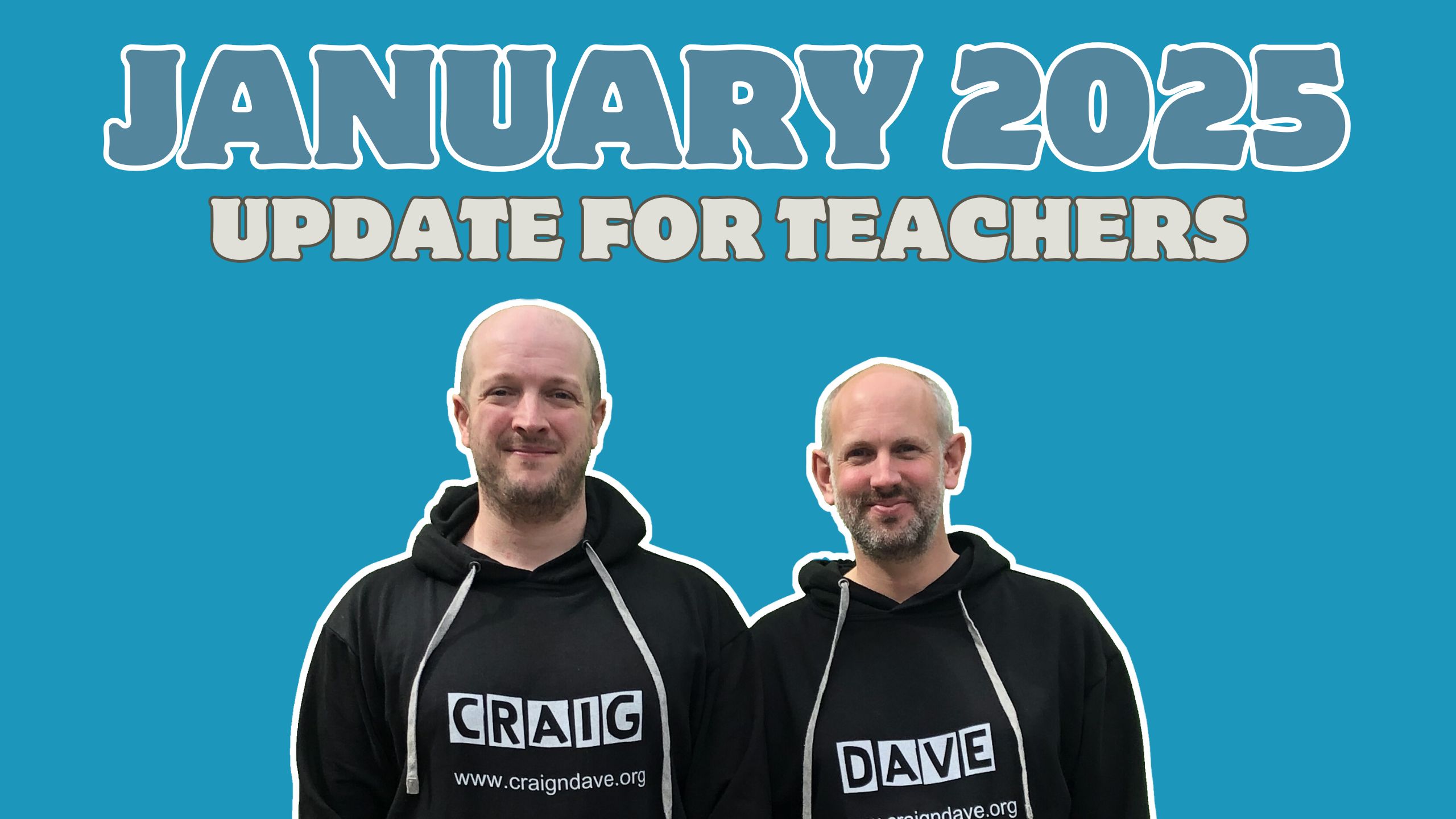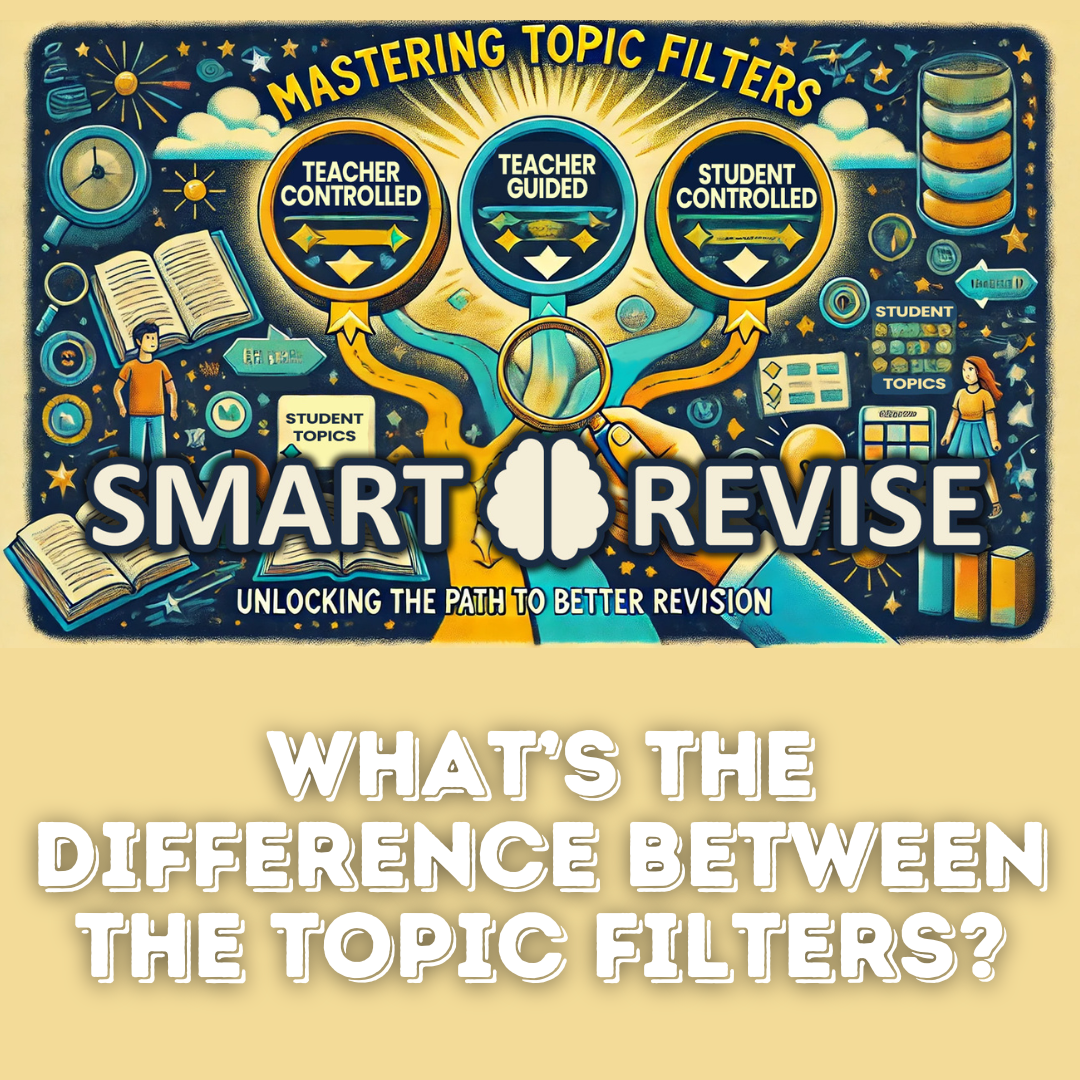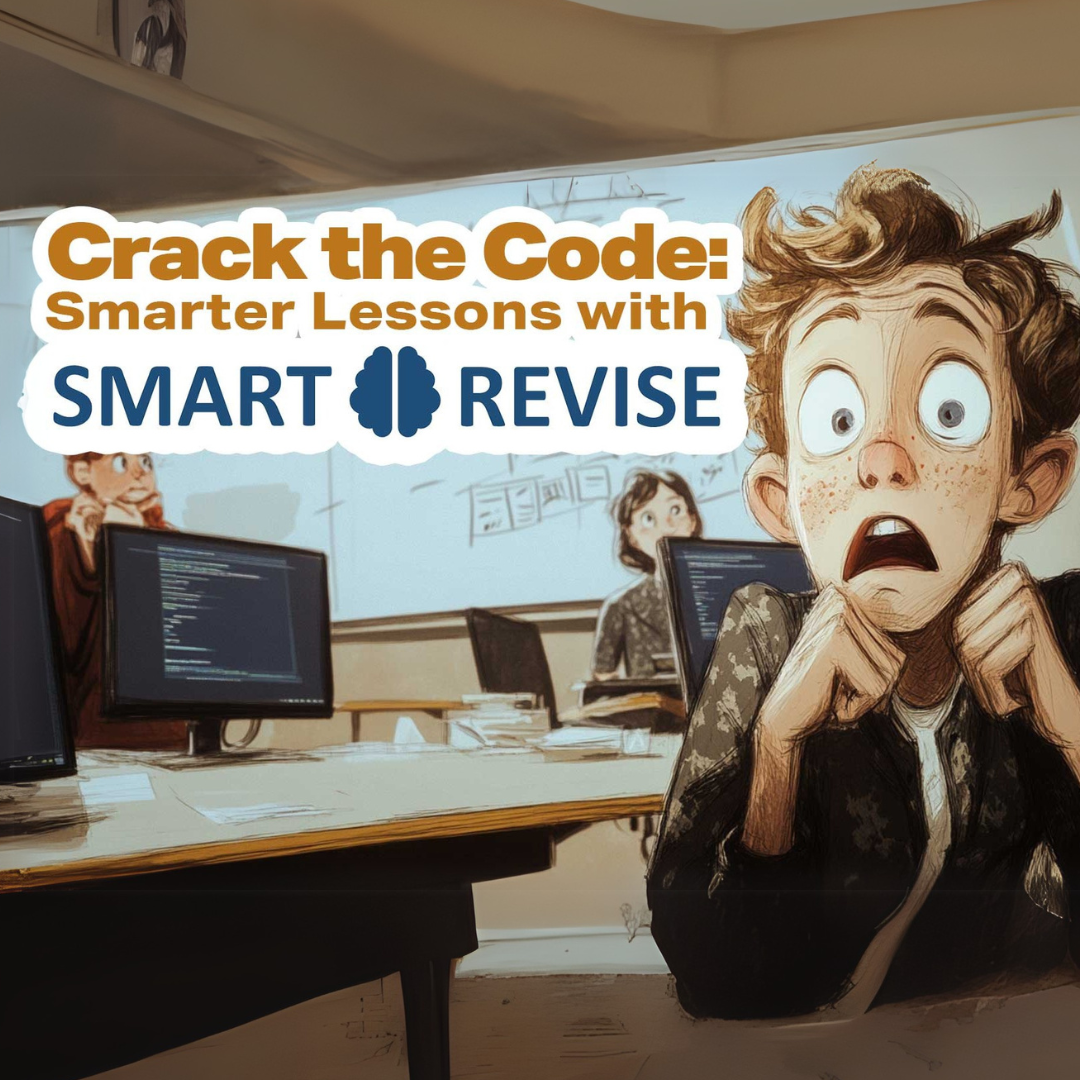
10 December 2024
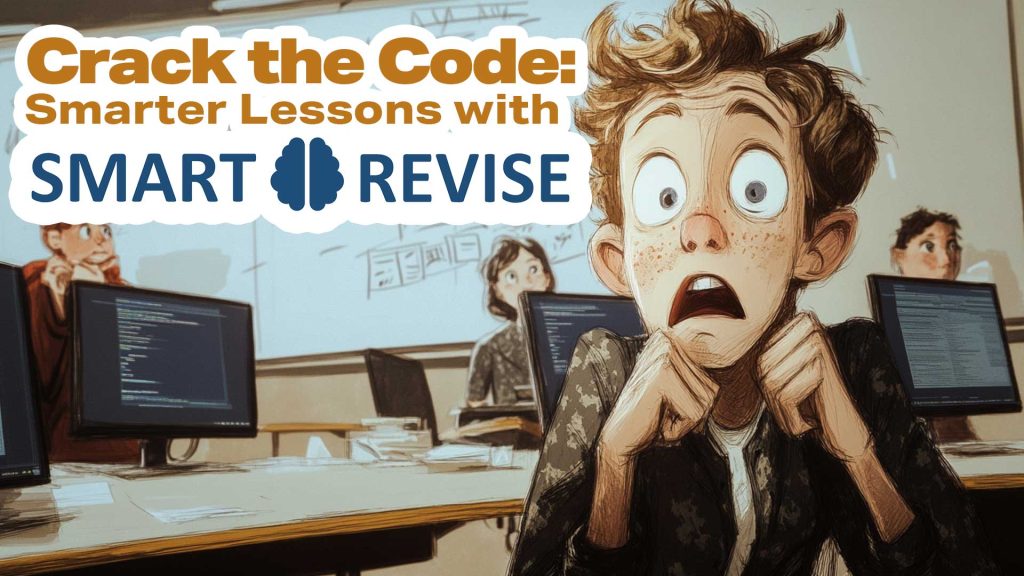
Why you should start every computer science lesson in years 10 to 13 with Smart Revise Quiz.
Imagine this scenario. You’ve just taught the topic of computer architecture including the purpose of the registers. In class students engaged in answering questions, completed activities and it was a good lesson.
At the start of their next lesson as a recap activity you ask a student in the class, “what was the purpose of the program counter?” The blank face looks back at you. “How can you not know?” you think to yourself, “we only covered this last week.”
Be honest, this happens in your classroom, doesn’t it? The reality is that since your last lesson those students have been bombarded with new information from English, Maths and Science, their short-term memory can only handle so much.
Does it really matter you might ask. After all, when you get to the end of the course you engage in revision and bring all that knowledge back to the fore; but what if there was a better way to learn? What if students could be more confident, more engaged and perform better in tests, mock exams and real exams if they retained more of what you’d taught them over a longer period of time? What if revision at the end of a course benefits the most privileged learners, but does not help the less privileged in the same way? This classic approach to teaching is actually contributing to the gap between advantaged and disadvantaged students.
The better, more successful way
This better way is, “The Revision Revolution” where revision is seen as integral to the learning process. It’s a feature of every lesson. From the very first topic to the very last.
Howell, H, Morrison McGill, R (2022) The Revision Revolution, John Catt.
At its heart revision is about repetition, and the best revision starts early, not at the end of the course. Imagine preparing to run a marathon. Do runners prepare by starting to run 26 miles a few weeks before the event? Of course not. They build up greater distances and stamina over months, if not years of preparation. Running almost every day. Why then should preparing for examinations be any different?
Why not give all students, not just the privileged a better chance of success with an opportunity to recall what they have been learning over and over again in every lesson? Better than that, why not include in that repetition the respected learning theories: spacing, interleaving and personalisation.
It’s pretty obvious. If we don’t regularly recall something we forget it. This is known as the forgetting curve. However, the more we practice, the more we repeat, the more we remember and the more confident we feel.
You might be thinking, “where do I find the time to go back over what I’ve already taught?” The solution is surprising simple. The start of lessons and homework.
Regular recall practice through multiple choice quizzing is in vogue right now and is a key feature in the classrooms of the most successful schools.
The research is clear, regular repetition aids memory retention.
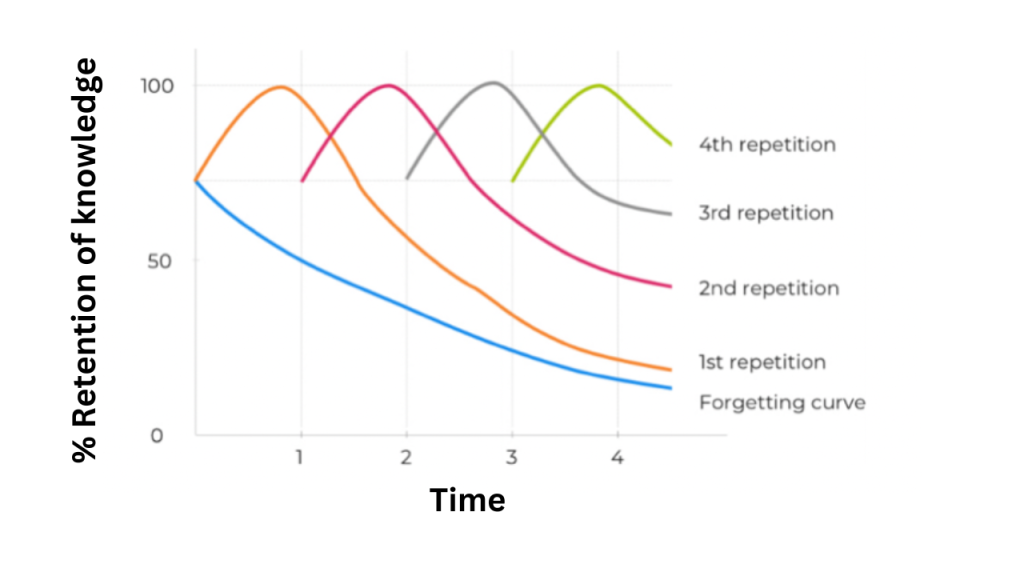
Murre, J., Dros, J. (2015) Replication and Analysis of Ebbinghaus’ Forgetting Curve.
The smarter way
This is where Smart Revise adds significant value. So named because it is a smarter way to revise. Start every lesson with 7 minutes of recall practice with Quiz. It’s low-stakes so it’s easy to get student buy-in. If you have Craig’n’Dave starter activities for GCSE these are good for engagement on entry, but they are for schools who don’t have Smart Revise. Retrieval practice has more impact because it’s based on academic research.
Smart Revise will automatically space questions so that there is an appropriate gap between students seeing the same question again (repetition). It will interleave questions, that is selecting questions from different topics causing the brain to context switch which has a bigger impact on retention. With built-in personalisation questions answered incorrectly are shown again more frequently until the knowledge sticks.
Classic starter activities are one-size-fits-all. Smart Revise provides a differentiated activity for every learner
How to set this up for students
- Every time you have finished teaching a topic unlock it for students using the class settings, topic filters. Do not lock the previously taught topics or select a topic you are currently teaching. The number of unlocked topics should increase from one to them all as you progress through the course.
- Get students into the habit of entering the classroom, logging on and starting Smart Revise Quiz for themselves at the start of every year 10, 11, 12 and 13 lesson. There is no preparation for the teacher to do.
- Spend about 7 minutes on Smart Revise. This is an optimal time. The Quiz will never end, it will just loop questions in a priority queue so that the teacher can stop the activity when they are ready for the main lesson.
Ideally students would also use Smart Revise Quiz for homework too. Aim for 35 questions a week at GCSE (including those done in lessons) and 60 for A level. The flight path on the student’s dashboard will show them if they are on track. Teachers can monitor this with the analytics usage report and see strengths and weaknesses in the question analysis and class matrix reports too.
Students will tell you what the purpose of the program counter is with confidence because Smart Revise will have asked them often enough!

If you’re looking for a smarter way to revise or teach, why not try Smart Revise for FREE?
Visit Craig’n’Dave’s Smart Revise website to explore all the features.


